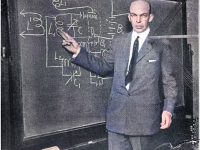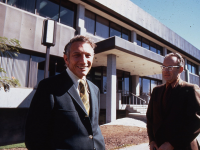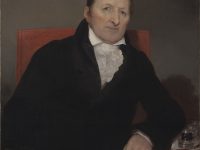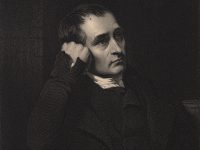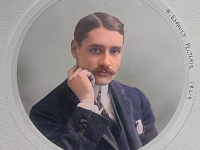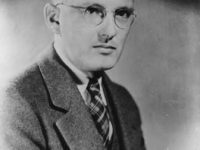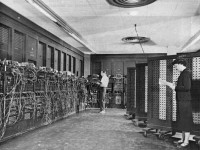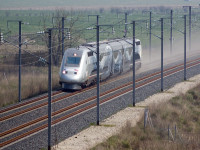Edwin Armstrong and Frequency Modulation
On December 18, 1890, American electrical engineer and inventor Edwin Howard Armstrong was born. Armstrong is best known for developing FM (frequency modulation) radio. He held 42 patents and received numerous awards, including the first Medal of Honor awarded by the Institute of Radio Engineers. Early Years Edwin Armstrong was the first of three children of John Armstrong and Emily Smith Armstrong. His father was a representative of the US branch of…
Read more

